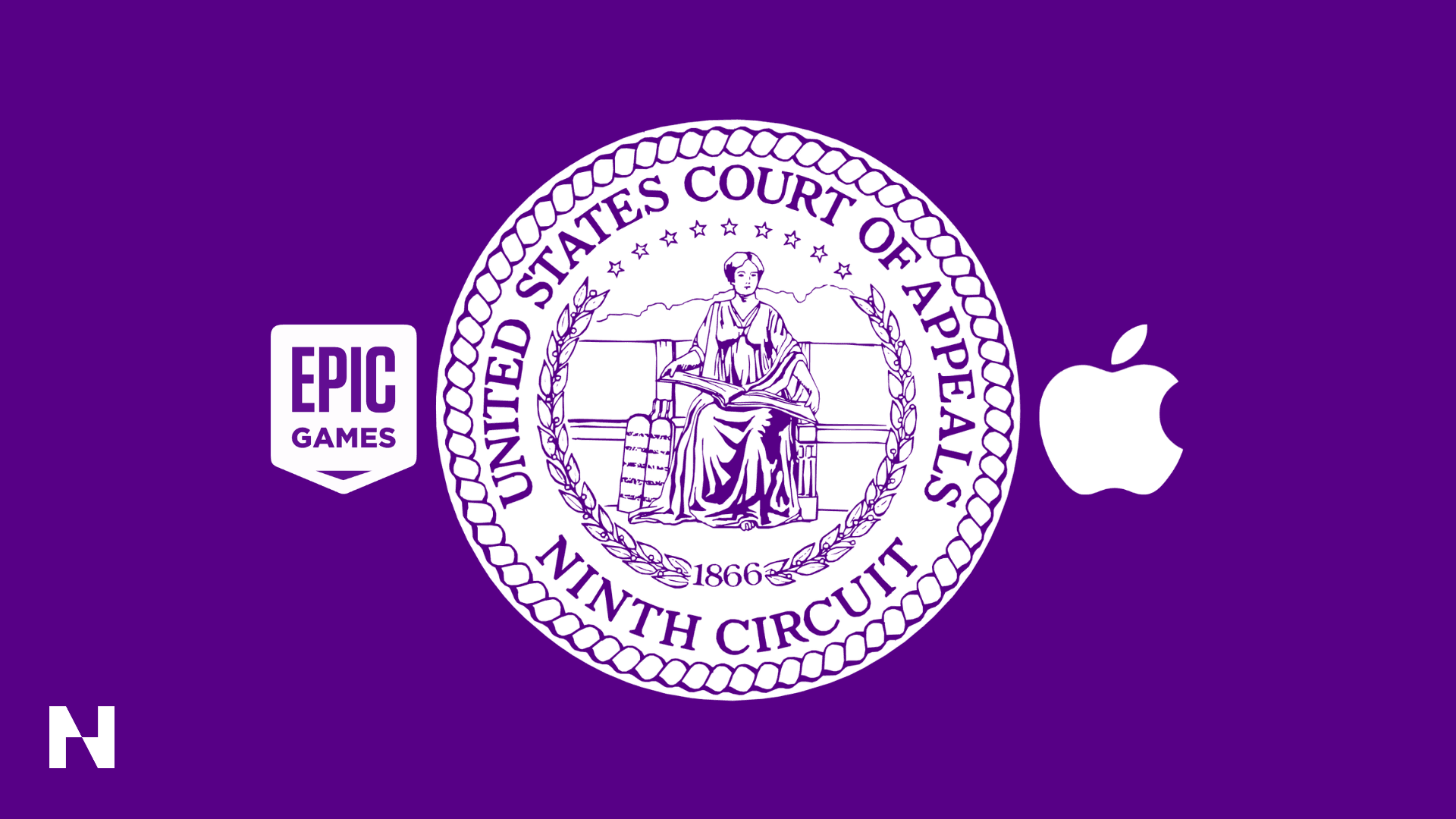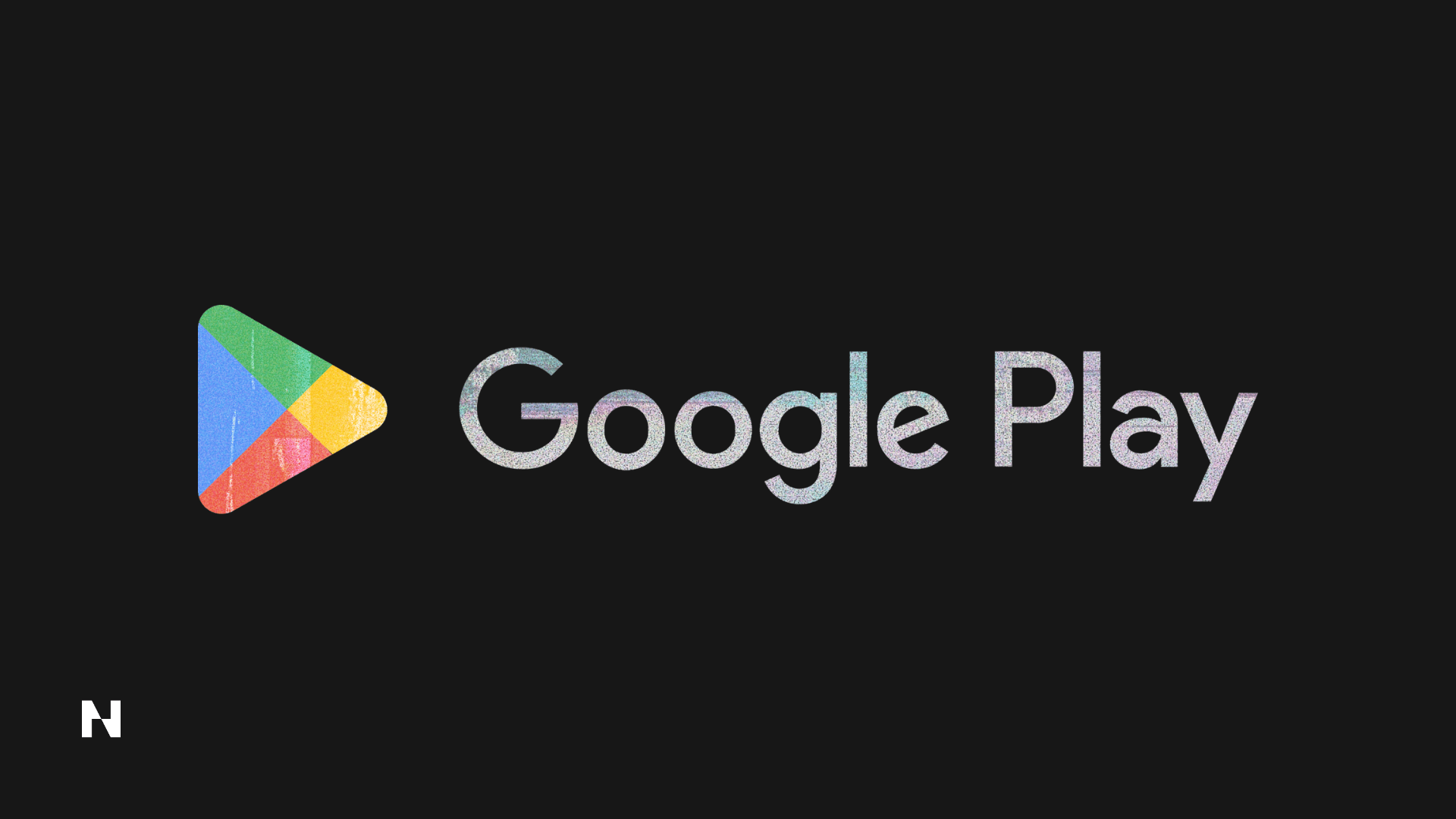On July 31, 2025 the U.S. Ninth Circuit Court of Appeals ruled Judge Donato’s permanent injunction must remain intact and denied Google’s request to keep it on hold.
For mobile game developers the headline is clear: Google can no longer require Google Play Billing for U.S. titles. However, there are some critical details that aren’t clear at all. Keep reading to learn more.
What the court requires regarding alternative payments
Requirement (U.S.-only) | Duration |
Developers may use or link to alternative payment methods; Google Pay Billing cannot be mandatory. | 3 years |
Developers may tell users about external prices or payment options in-app. Anti-steering rules are gone. | 3 years |
The injunction originally took effect Nov 1, 2024, but was largely paused during appeal. With the stay lifted, all clocks restart unless a higher court intervenes.Google has about 3 weeks from the ruling to begin changing how its Android app store and business practices work.
What is still unknown
Commission rates on alternative payments. Judge Donato explicitly declined to regulate prices. Google can propose fees, but any schedule must still comply with antitrust law.
Revised Google Play policy text and integration specs. Google has not yet published new Developer Distribution Agreement language or technical guides.
Technical implementation details. It is unknown how Google will allow developers to implement alternative payment options. The injunction clearly states that Google may not “prohibit the use of in-app payment methods other than Google Play Billing,” but how that will play out from a technical perspective is unclear.
Google Play alternative payment terms in the U.S. prior to ruling
U.S. guidelines, pre July 31, 2025) | How it worked | Fee impact |
Mandatory Google Play Billing (GPB) | All apps selling digital goods had to use GPB unless they joined an official pilot. | Standard service fee: 30% on in-app purchases. |
User Choice Billing pilot | Limited test that let approved non-gaming apps present a side-by-side checkout screen where users could pick GPB or an alternative payment option. Games could not join. | Google reduced its cut by 4 percentage points on transactions processed through the alternative method (30% ➜ 26%). |
No other in-app alternatives | Outside the pilot, using any alternative payments was disallowed. | N/A (policy barred the flow entirely). |
Anti-steering rule | Apps could not link out, show buttons, or even display plain text that directed users to pay on a website or another platform. | Any attempt led to app rejection or removal. |
Communication outside the app | Developers were free to promote webshops outside of the app. | N/A |
Bottom line
The appeals decision is strong momentum toward open payments on Android. Although crucial details are unknown, game developers will soon have the option to integrate alternative payments in Google Play.
The official court documents are available as PDFs via the Verge.







